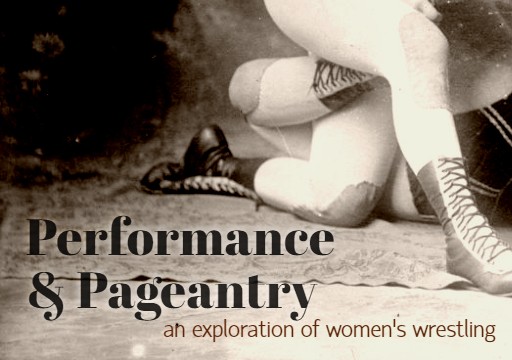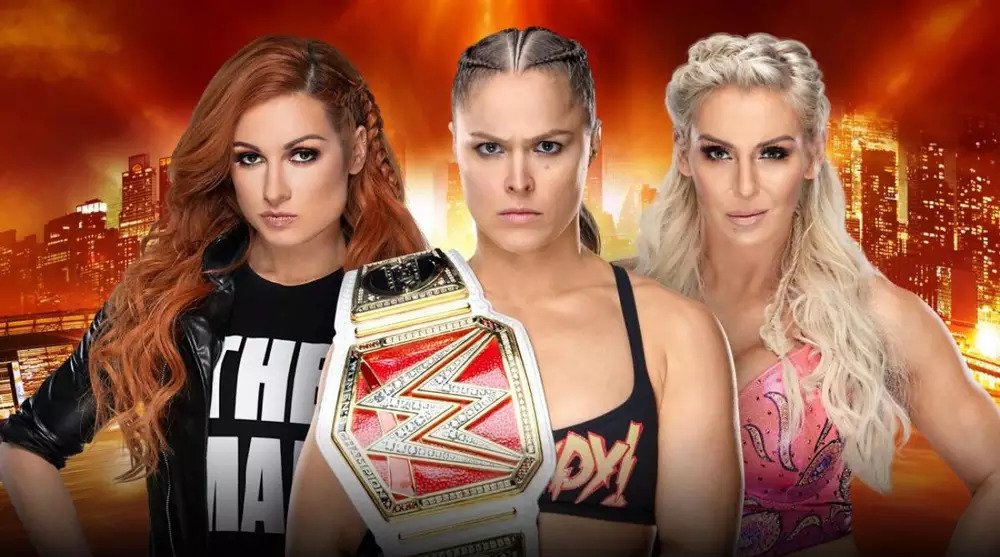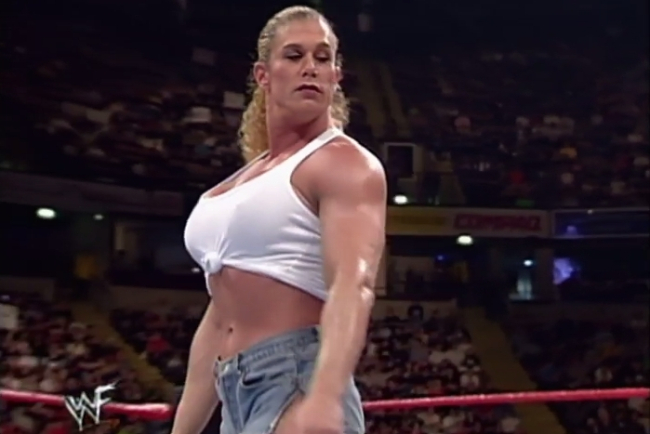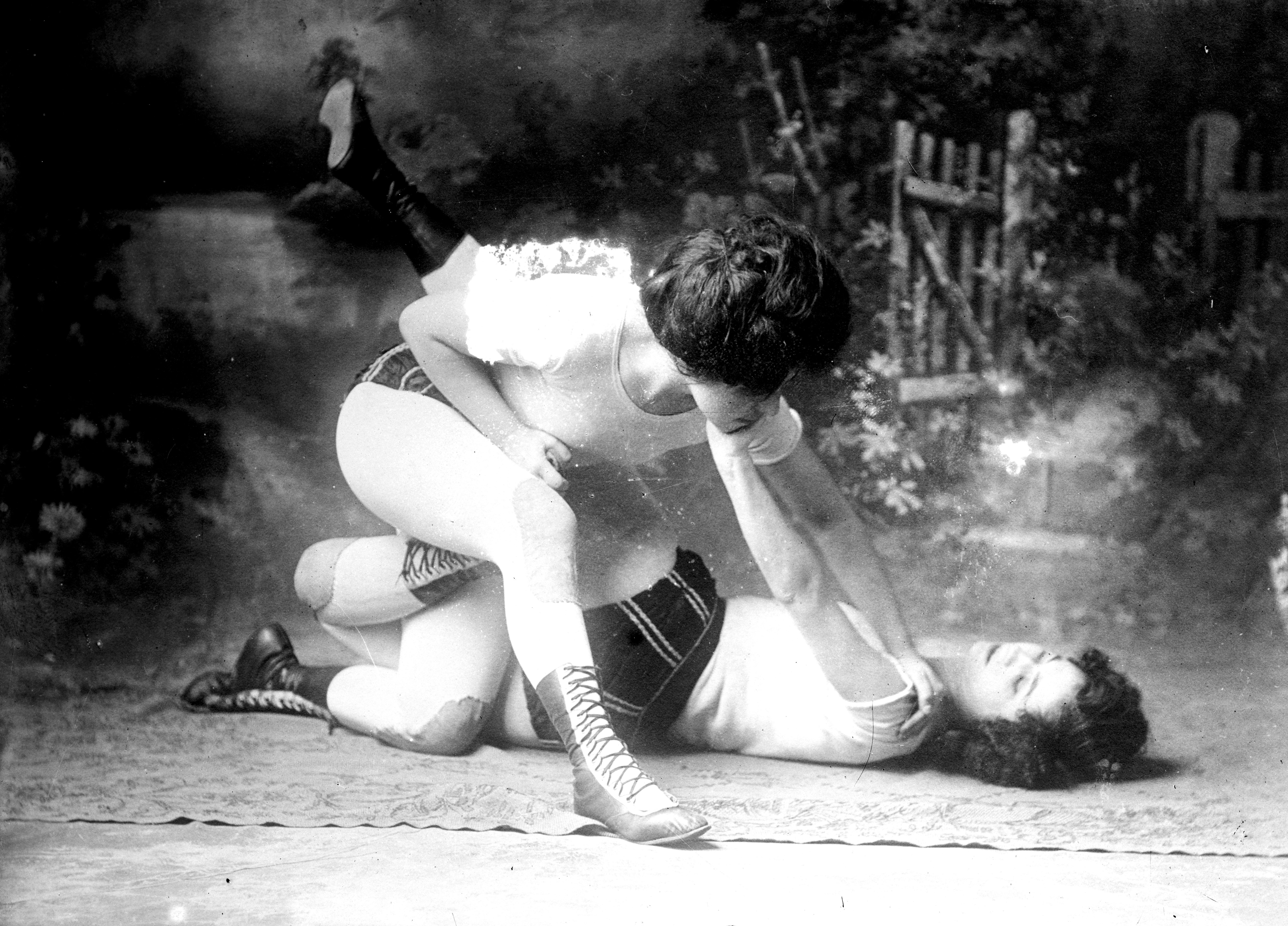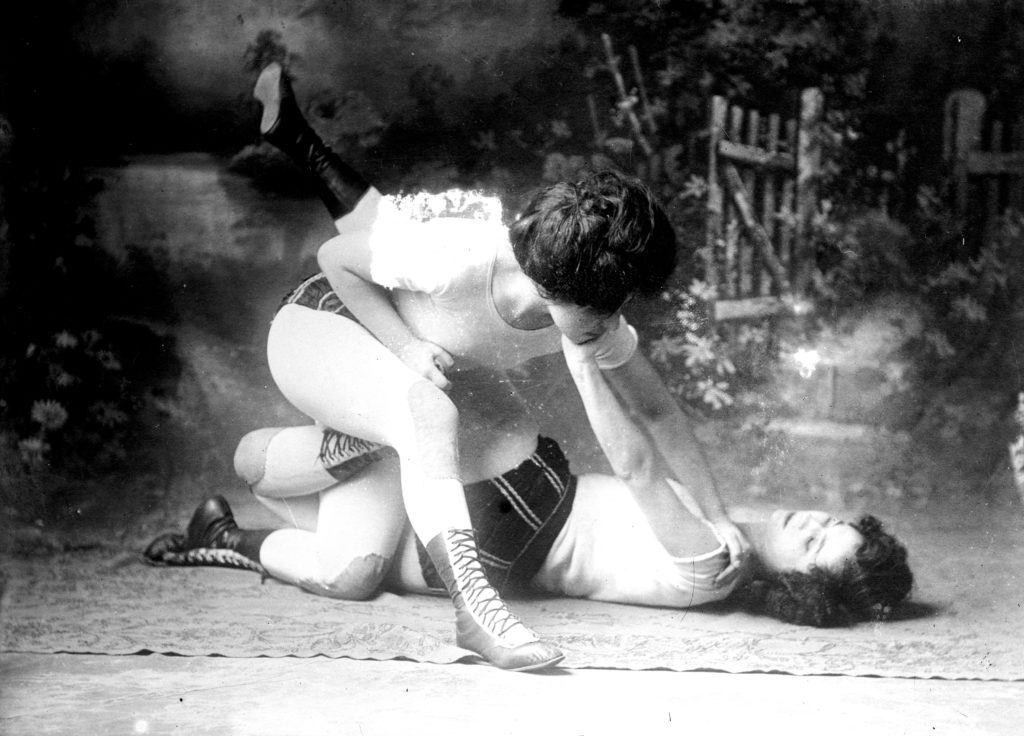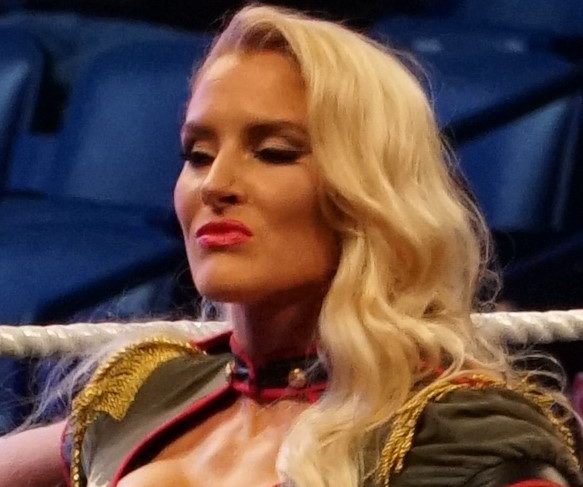
Lacey Evans was my favorite wrestler in the first Mae Young Classic. She wasn’t the best or the toughest woman there, but I identified with her more than the other wrestlers. She’s a mother1 with an aesthetic that is both on point and my very favorite in fashion; between that and my soft spot for military women, I was hooked.
When she started showing up on the main roster shows, looking fabulous but just strutting a bit and walking away, I was equal parts thrilled and perplexed. It’s a weird decision for a debut, but wrestling is full of weird teasers, from Chris Jericho in 2011 to whatever Bray Wyatt has been doing for the past month.
On one hand, I’m glad to see that post-WrestleMania, she’s getting to actually wrestle and develop her character. On the other hand, I am flummoxed by the character and story choices that WWE has chosen for Lacey Evans — especially as it relates to her feud with Becky Lynch.
